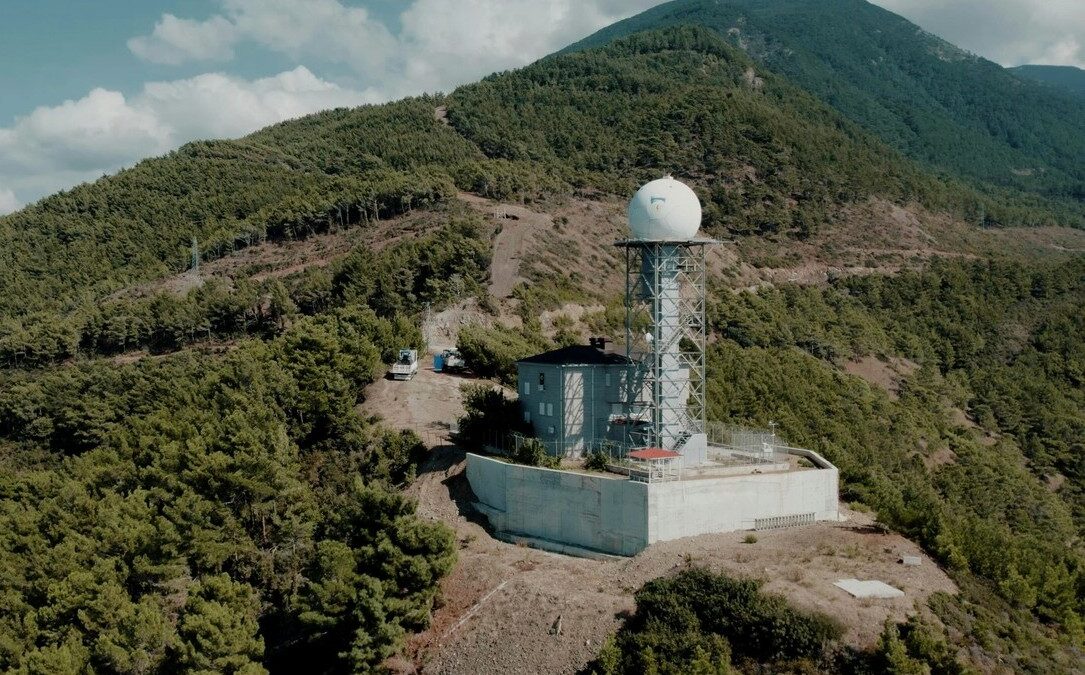SOFF Launches World’s 1st Impact Bond to Strengthen Early Warning Systems
The new impact bond unveiled at COP30 seeks to close critical global data gaps and strengthen climate resilience worldwide.
The United Nations’ specialized climate fund, Systematic Observations Financing Facility, on Thursday opened the world’s first climate impact bond for contributions.
According to a press statement, the fund aims to raise $200 million by the end of 2026 to boost global weather and climate data and strengthen early warnings.
Bond Targets Data Gap in Vulnerable Nations
The Systematic Observation Impact Bond will be part of the COP30 Action Agenda. Brazil supports the effort as the COP30 Presidency. If backed, it will help 30 Least Developed Countries and Small Island Developing States meet Global Basic Observing Network standards.
SOFF, created by UNEP, WMO and UNDP, is leading the initiative. It says data gaps weaken early warnings and slow climate response. Sustainable financing remains a significant barrier for national meteorological services.
WMO Secretary-General Celeste Saulo said the bond could increase internationally shared data fivefold and unlock wide economic gains. She noted that closing the gap could generate $5 billion in direct annual benefits and free $160 billion in broader economic value.
UNEP Executive Director Inger Andersen warned that delays would raise future risks. She said public and private finance must unite to protect communities as climate shocks intensify.
Innovative Climate Finance Tool
SOFF has already designed structuring options for the bond. It is now identifying issuers and partners. The model blends speed, accountability and partnership.
The mechanism will frontload capital from investors. Donors will provide long-term commitments. WMO will confirm results through independent checks of increases in internationally shared data.
UNDP Acting Administrator Haoliang Xu said SOFF’s work in Rwanda shows why strong observations matter for people and economies. He said the bond could ease financing bottlenecks and accelerate the rollout of weather stations.
SOFF Director Markus Repnik said the instrument will change how climate finance supports systematic observation. He said it will guarantee measurable results and strengthen resilience through better forecasts.
COP30 Showcases Global Effort
The bond reflects the COP30 Presidency’s vision of a Multirão, or collective push for tangible progress. COP30 High-Level Champion Dan Ioschpe said reliable data often decides the difference between chaos and control. He called the bond a practical solution that can help level the playing field.
Better Data, Stronger Preparedness
New data could quickly sharpen forecasts. According to the European Centre for Medium-Range Weather Forecasts, closing gaps can cut forecast errors by 30 percent in Africa and 20 percent in the Pacific. Local forecasts can improve within 12 hours. Global forecasts can tighten within days.
AOSIS finance adviser Michai Roberts said island nations need real solutions, not promises. He stressed that observations from small islands fill global blind spots and boost forecast accuracy worldwide.
The World Bank says closing the global basic weather and climate data gap could deliver $5 billion in direct annual benefits and unlock $160 billion in gains across agriculture, energy, water and transport.
Also Read:
IDB Issues 1st $100M Amazonia Bond to Meet Latin America’s Climate Goals
Nirmal Menon
Related posts

Subscribe
Error: Contact form not found.


